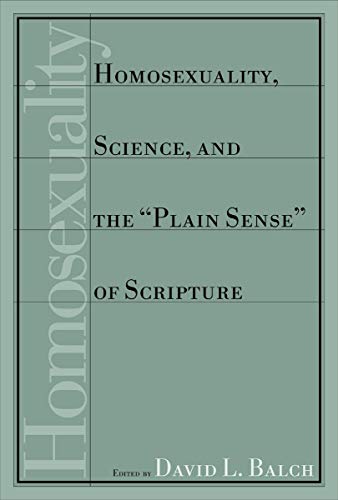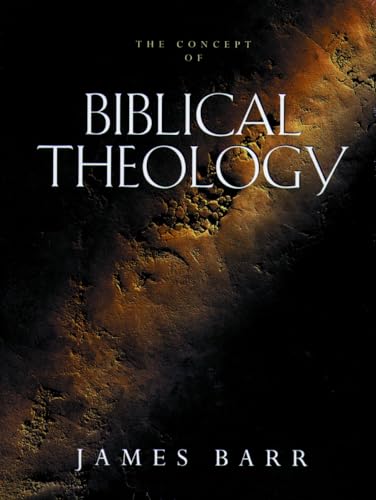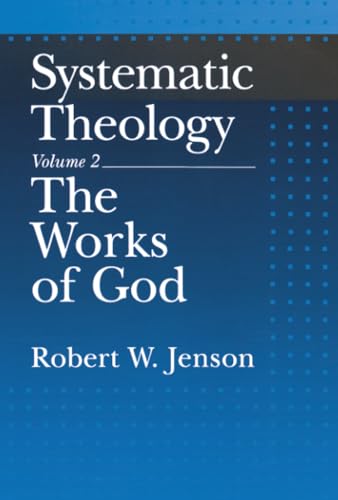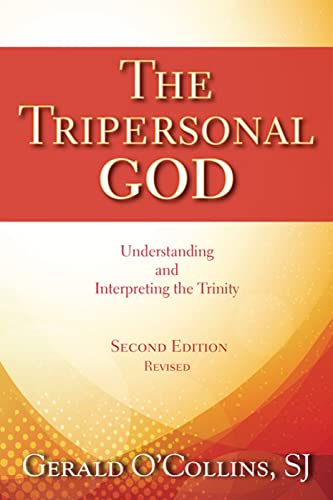Ecclesiastes, Interpretation, a Bible commentary for teaching and preaching
Written by William P. Brown Reviewed By Cecil GrantOver recent years a number of new commentaries have been published on Ecclesiastes, but few have been able to bridge the gap between academic study and the needs of the preacher as successfully as Brown. His style is lively and engaging, and his passion for the pulpit comes across at various points in a way that many preachers will find helpful and inspiring (e.g. 20, 70).
Unfortunately, Brown’s regard for the preacher means that he occasionally avoids important issues of interpretation. For example, he devotes very little attention to addressing the apparently contradictory statements that occur throughout Qoheleth and to the various explanations offered for them. Thus in discussing 3:16–22, he ignores the tension between 3:17 and the rest of the passage. Similarly, his desire to present over-arching themes often results in his exegesis of individual passages becoming significantly muted. Thus he places 5:1–7 in a larger section concerned with advocating simplicity in speech and conduct, and underplays its immediate concern with hypocrisy in cultic worship.
It is in its treatment of the larger thematic aspects of Ecclesiastes that the strength of the commentary lies. Brown offers a concise yet useful definition of hebel, which he presents as Qoheleth’s ‘global thesis’ upon which the rest of the book is an expansion (21–22). He includes useful treatments of other themes such as creation (23–25), work (51–52; 95), death (72–75), and human power (85–88). There are also helpful remarks relating to Qoheleth’s insistence on the mystery of God (90) and his recommendation to fear God as an appropriate response (118). Some readers may find the discussion of Qoheleth’s comments concerning women (84) to be rather difficult to accept, nevertheless the view which Brown puts forward is one which merits close consideration.
Given the aims of the commentary, there is only one major objection that can be raised against it, which relates to the emphasis Brown places on the parallels between Ecclesiastes and the Epic of Gilgamesh. He claims that the ‘journey of Ecclesiastes begins with the so-called Epic of Gilgamesh’ (2) and throughout the book draws comparisons with Gilgamesh. While such parallels undoubtedly exist, they do not warrant this emphasis.
Where Brown makes his greatest contribution is in interpreting Ecclesiastes from a Christian perspective. This concern is evident throughout the book, with repeated reference to the NT. The commentary also ends with an extensive Epilogue examining the significance of Ecclesiastes for Christian faith and practice (121–37). Preachers will find a wealth of material here, enabling them to access a biblical book that is often seen as obscure and impenetrable. Perhaps for this reason, Brown’s commentary is to be highly commended.
Cecil Grant
Wellington Street Presbyterian Church, Ballymena







